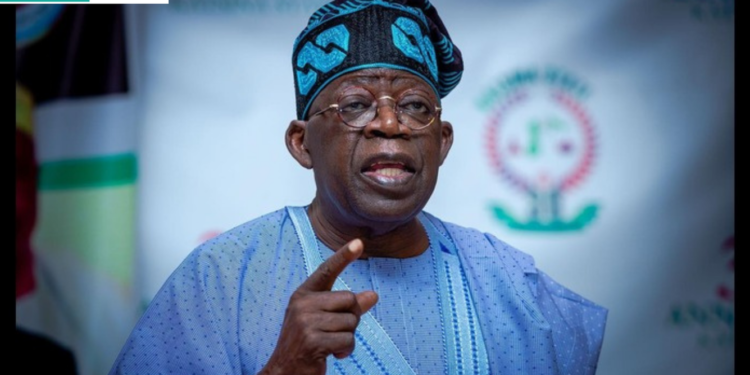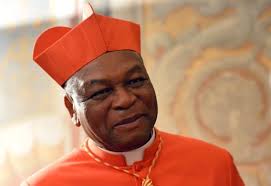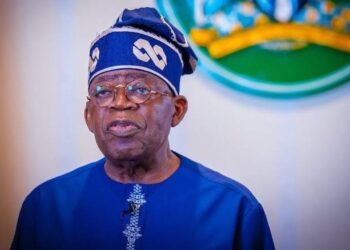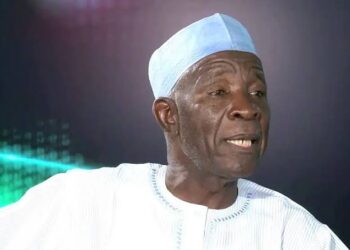President Bola Tinubu has directed a comprehensive review of the controversial tax reform bills currently under consideration in the National Assembly. The bills, which include the Nigeria Tax Bill 2024, Nigeria Tax Administration Bill, Nigeria Revenue Service Bill, and the Joint Revenue Board Bill, have ignited significant debate across the country. Critics, particularly from northern Nigeria, have expressed concerns that the reforms could lead to a centralization of tax authority, reducing the revenue autonomy of state governments. In response to these concerns, President Tinubu has instructed the Ministry of Justice to collaborate with lawmakers to address these issues before the bills are passed into law.
While the bills face criticism, there has also been some support from various quarters. Northern youth, in particular, have expressed backing for the reforms, alongside prominent public figures like Islamic scholar Sheikh Ahmad Gumi and Bishop Matthew Kukah. These supporters argue that the reforms could improve fiscal management in the country and help curb the financial mismanagement often associated with the political elite. They believe the changes could lead to more transparent and effective use of public funds.
However, opposition to the proposed tax reforms remains strong. Groups like the Arewa Dignity Advancement Initiative have raised alarms about the potential negative impact on the economy, fearing that the bills could exacerbate the financial struggles faced by many Nigerians, particularly in the northern regions. These critics worry that centralizing tax authority could disproportionately affect local revenues and lead to greater economic hardships for already struggling communities.
The ongoing debate over the tax reforms has created significant tension within the National Assembly. Lawmakers have expressed differing views, with protests and heated sessions reflecting the contentious nature of the issue. The discussion continues to stir emotions, as many legislators from various regions fear the long-term impact of the reforms on their constituents and regional economies. The lack of consensus within the Assembly underscores the complexity of implementing such significant changes.
Meanwhile, the Ekiti State Caucus in the National Assembly has come out in support of the tax reforms, urging Nigerians to back the bills as a means of advancing national economic growth. They argue that the reforms are necessary to create a more equitable and efficient tax system, which could ultimately benefit the entire country by fostering greater prosperity and sustainable development. Despite the ongoing controversy, the debate over these bills is expected to continue as lawmakers work to reconcile differing viewpoints.



































